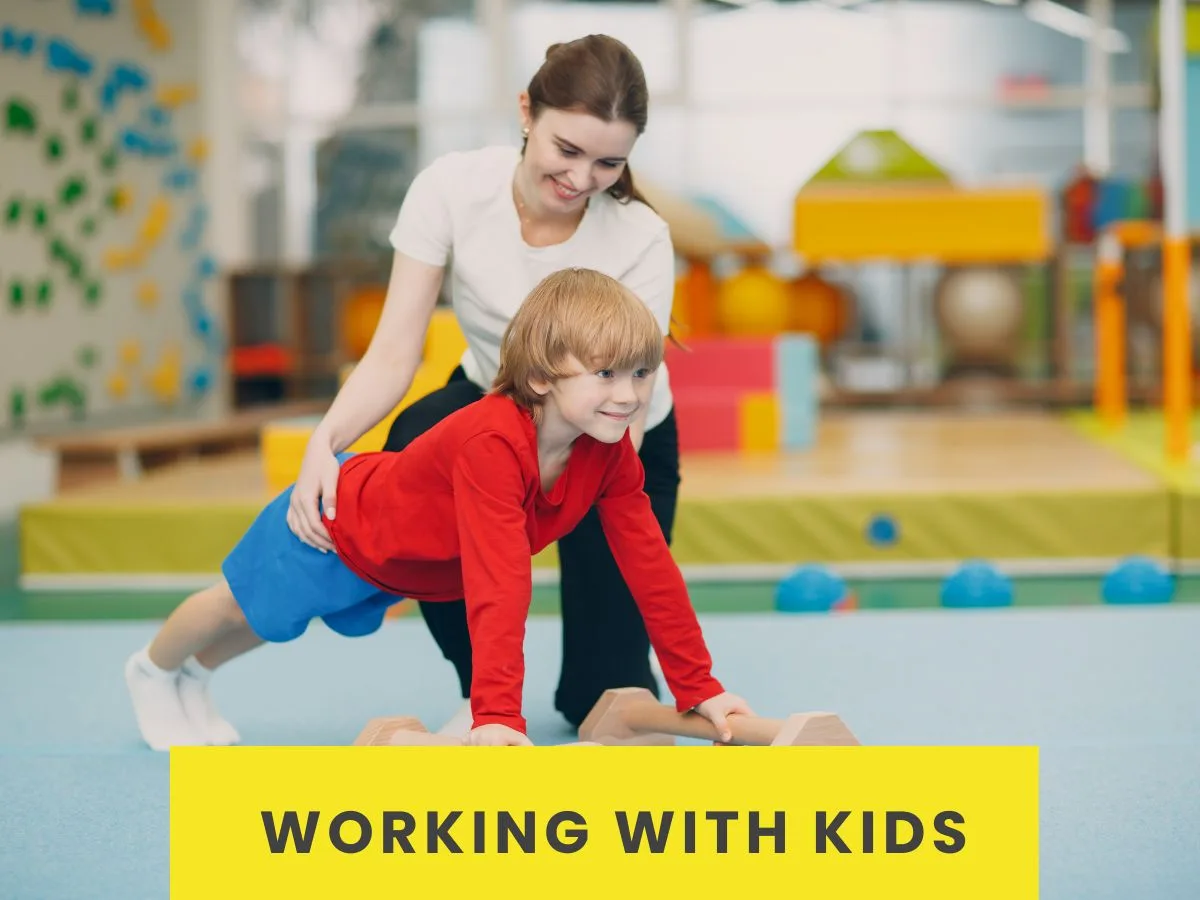What to Expect from 3- and 4-year olds
Children between the ages of 3- and 4- years old are in a unique development phase. They are experiencing rapid growth in all areas of development and are discovering new things every day while also learning how to handle new challenges.
Their strong desire to be independent can lead to some behaviours that their adults can become frustrated with.
But don’t worry, with patience and understanding, we can help these little ones navigate this phase of discovery and growth (and minimize how hard it is on the grown-up’s side too).
The problem arises because most adults have unrealistic expectations of how 3- and 4-year-olds should behave.
We assume that their rapid development will only progress in a positive behavioural direction. Instead, like any growth, new issues can come up and old challenges may still arise. Children’s behaviours can be unpredictable.

What are realistic expectations?
Learning what is a realistic expectation is essential to helping instill positive behaviours. As 3- and 4-year-olds are learning new things, they can become more defiant as they see how far they can push the limits. They also can become frustrated or anxious when trying new things because their motor skills are still developing. Their attempts at things may not go as planned, which can lead to big feelings and tantrums.
What can we do? Be calm, clear, and consistent
The best way to help them make better behavioural choices is for the adults to stay calm and be consistent. If you struggle to stay calm during a child’s tantrum or meltdown you are not alone. Many of us need to pause, take a breath, and bring ourselves to a calm center in order to be calm for our child/ren.
It is also important to be clear in the rules that you have and to maintain consistency. Keep an eye out for positive behaviours and “catch” them being good. Giving choices also helps children become more confident and independent.
Our program for 3- and 4- year olds
In our Little Dragons program, our instructors are trained to utilize “edutainment” and we communicate our rules in a clear and consistent manner. The classes for this age group are structured to make learning fun, build their listening skills, and develop their motor skills. The instructors also connect with each student to make the dojo a warm and positive environment.
And, as with any well-rounded children’s program, we consider the teaching team of caregivers and instructors important. We want to reinforce the values and life skills that you are developing in your child at home. This can ease the transition through this rapid growth period for 3- and 4-year old’s.
Growth is exciting, but the progress is often followed by some backtracking…that is just part of growing up. As Ross A. Thompson, Ph.D., a child-development researcher and professor of psychology at the University of California, Davis says,
“The part of a child’s brain that controls his impulses and emotions matures very, very slowly. It’s easy to assume that kids are being uncooperative or obstinate when really they’re just acting their age.”
Be patient and consistent and the behavioral changes that this age group experiences will go more smoothly.





